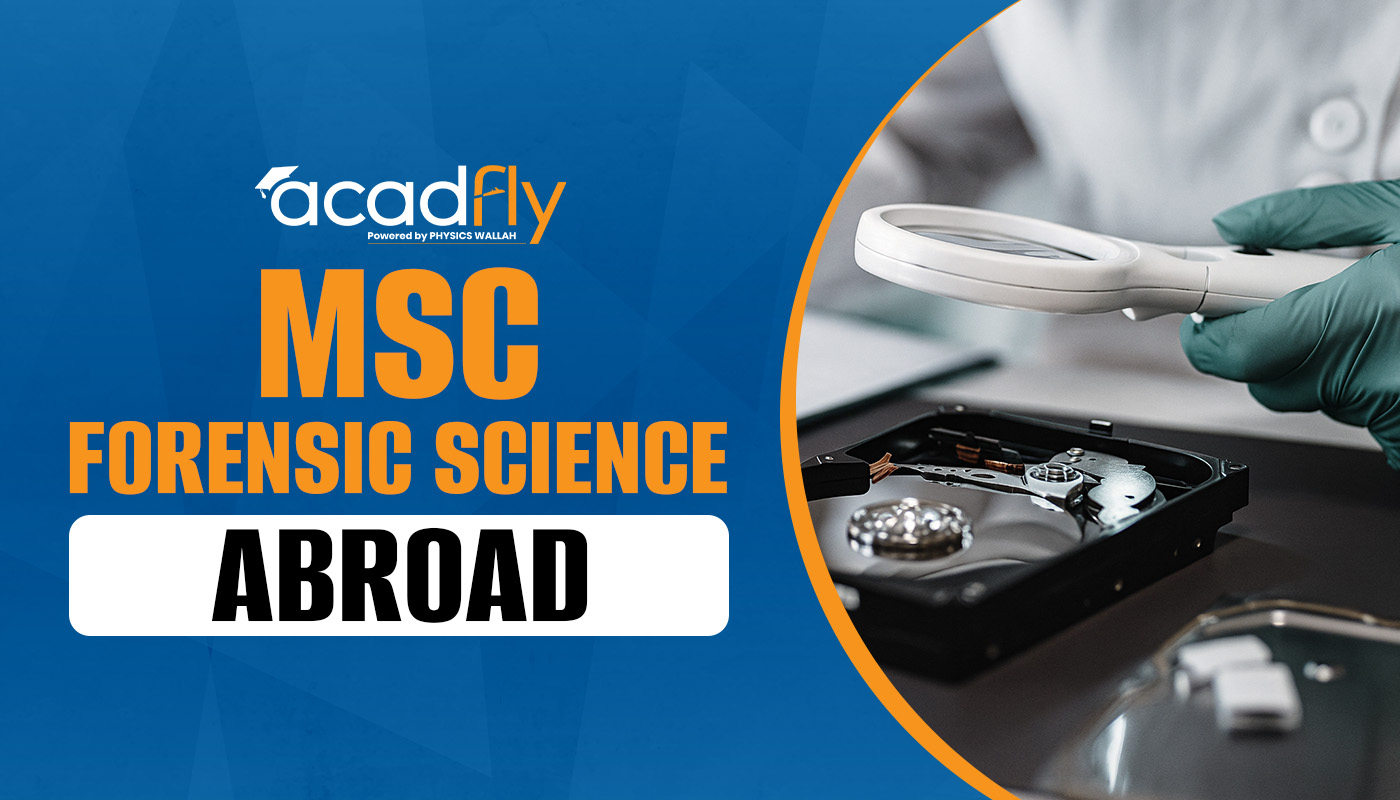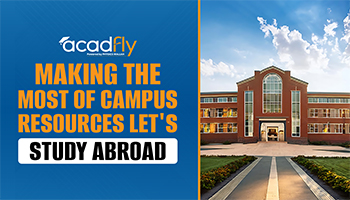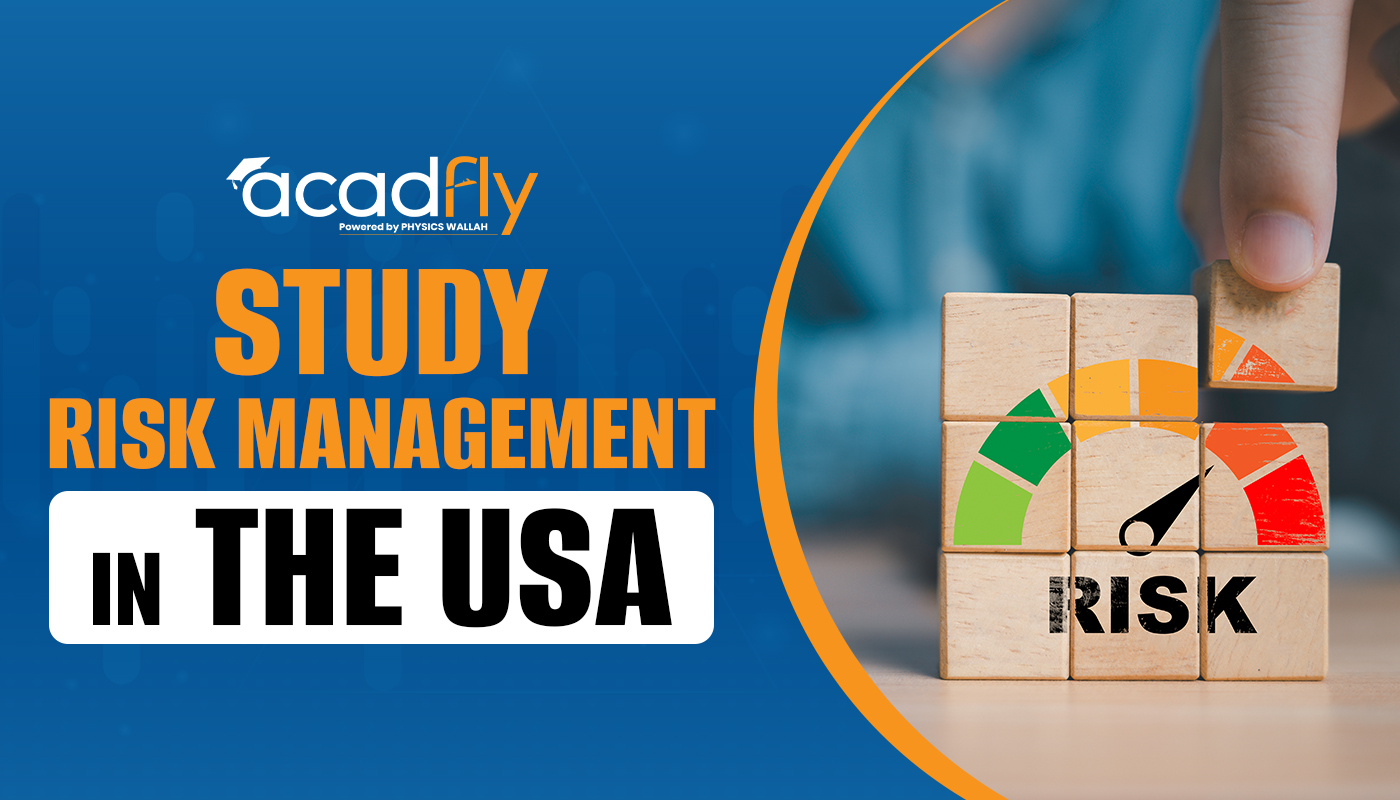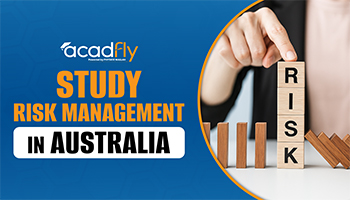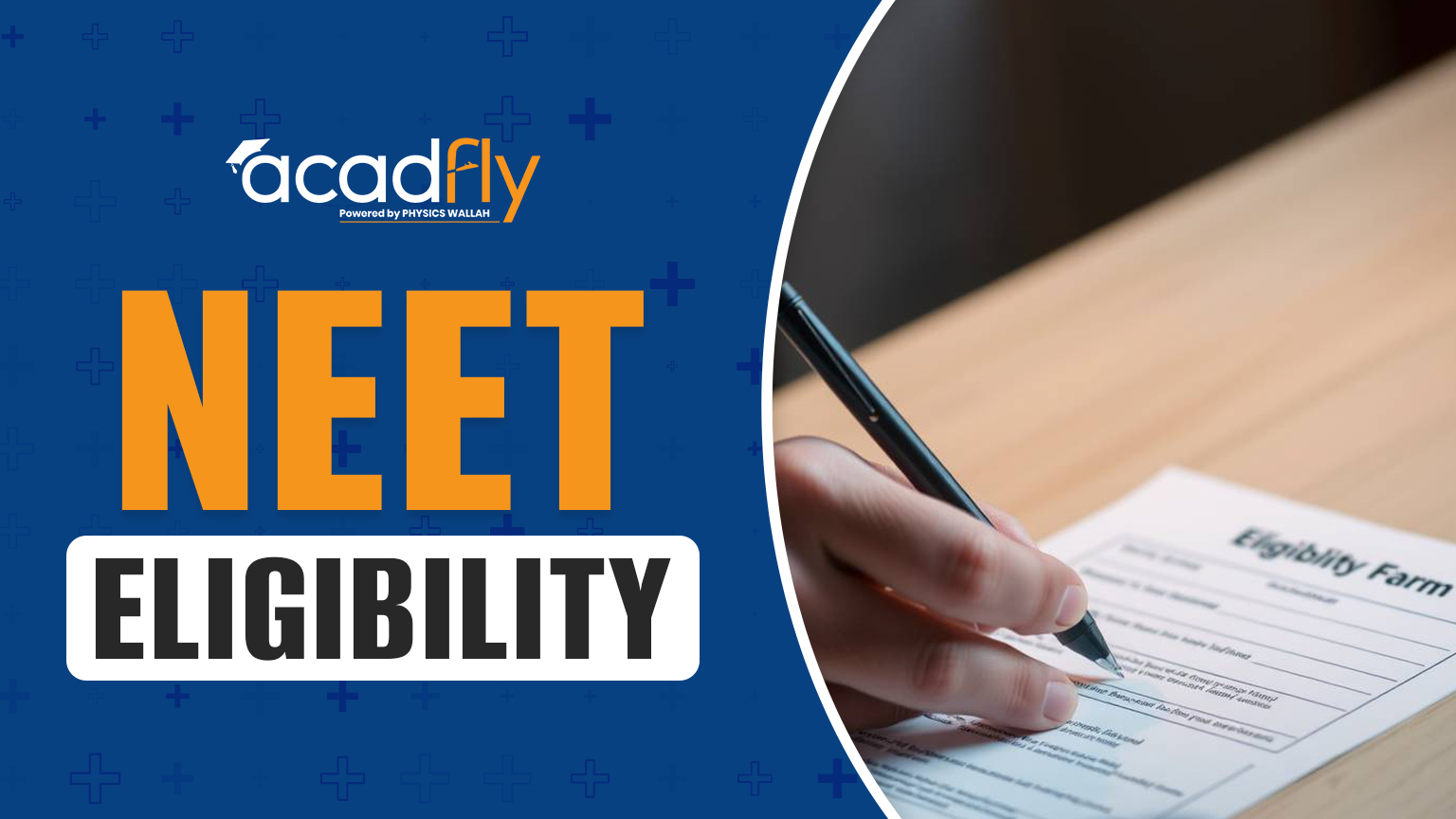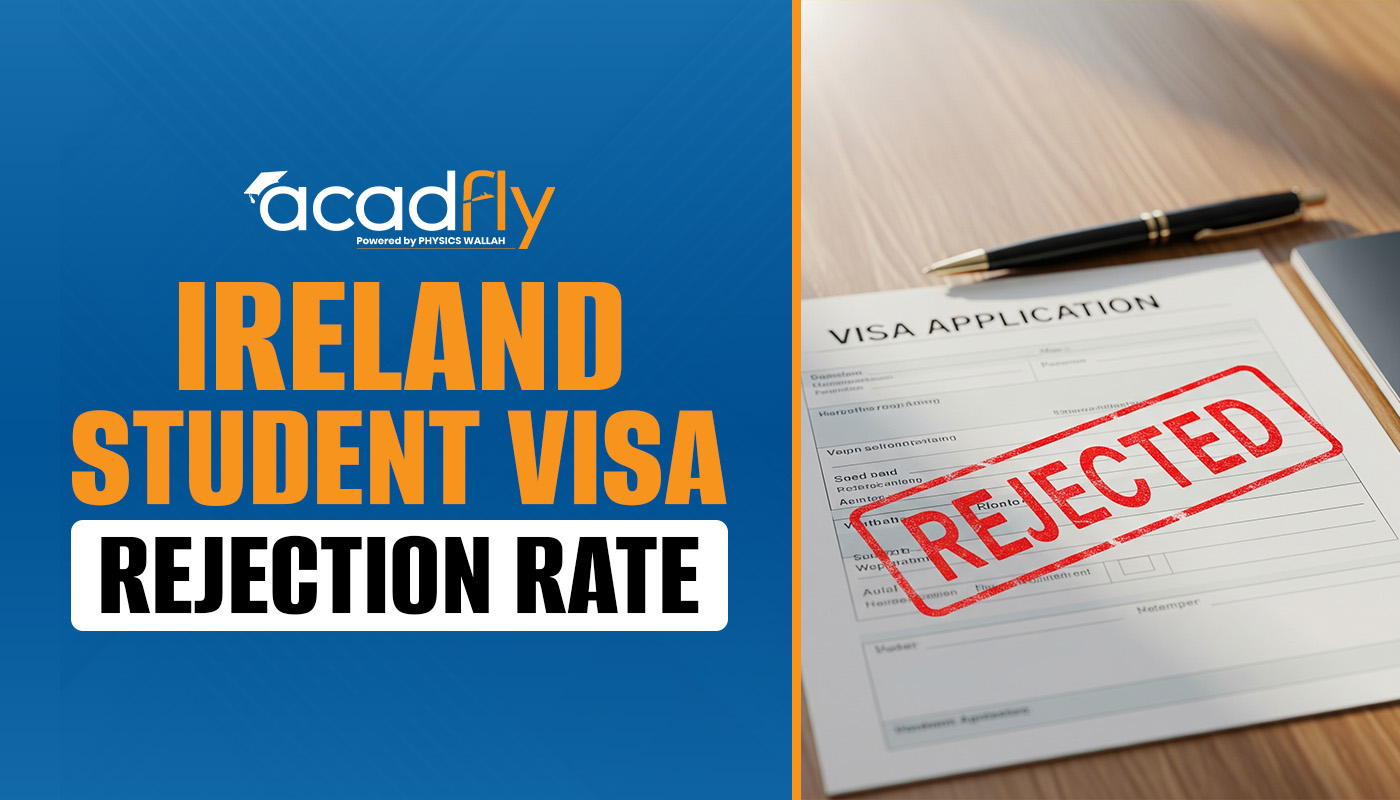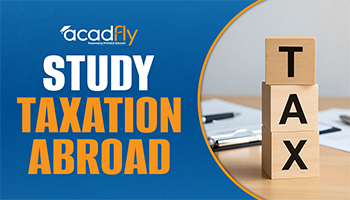
Are you preparing to complete your MBBS degree and seeking medical jobs abroad? Whether you want to travel to the United States, Canada, the United Arab Emirates, Germany, or any other country, you must first receive a valid medical license.
Pursuing an MBBS (Bachelor of Medicine, Bachelor of Surgery) abroad is a popular choice for many Indian students who want to be doctors but have few opportunities in India due to strong competition. However, before practicing doctor in India, foreign medical graduates (FMGs) must pass various licensing examinations. Let's take a closer look at the value of abroad medical licensing examinations and how to prepare to pass on the first attempt you make.
Medical licensing Examinations
Medical licensing examinations are designed to provide young medical graduates with the necessary license to practise or continue their studies in a certain country. This applies to countries such as the United States, Canada, and even India. The overall goal of such examinations is to analyse and appraise medical graduates' knowledge and skills, as well as their compatibility with the country's current health infrastructure.
Top Medical Licensing Exams in World
Doctors must pass particular licensing tests to practice medicine legally in their desired country. The following are the most widely recognized medical license tests globally.
United States - US Medical Licensing Exam (USMLE)
The United States Medical Licensing Exam, or USMLE, is a set of standardised examinations that medical students and graduates must pass to obtain a medical license in the United States. The exam consists of three parts and is required for medical licensing in the United States.
Step 1: The examination evaluates fundamental scientific understanding of anatomy, biochemistry, and physiology. It is often taken after the 2nd year of medical school.
Step 2: This exam, divided into two parts, evaluates medical students' theoretical knowledge as well as their clinical skills and ability to apply the knowledge in a practical situation.
Step 3: The third stage, administered during residency, measures the candidate's ability to use medical knowledge and understand biological and clinical science required for supervised practice of medicine.
United Kingdom - Professional and Linguistic Assessment Boards (PLAB)
International medical graduates in the United Kingdom must pass the Professional and Linguistic Assessments Board (PLAB) examinations before they may practise medicine. The comprehensive examination evaluates applicants in two scenarios:
PLAB Test 1
It is a written multiple-choice test that assesses basic medical science and practical knowledge. It aims to examine the candidate's understanding of the medical sciences.
PLAB Test 2
It is an Objective Structured Clinical Examination (OSCE) that measures clinical and communication skills. It includes 18 scenarios, each lasting eight minutes, that resemble real-world medical environments.
Canada - Medical Council of Canada Qualifying Exam (MCCQE)
Medical students considering practicing medicine in Canada have to pass the MCCQE, which is further divided into two parts:
MCCQE Part I
The examination tests medical information and professional decision-making skills. It includes objective-type questions and clinical decision-making cases and is generally taken during or after the final year of medical school.
MCCQE Part II
This is a clinical skills examination that includes checking candidates' medical information and decision-making skills and is usually taken during or after the final year of medical school.
India - Foreign Medical Graduate Examination (FMGE)
FMGE, or Foreign Medical Graduate Examination, is the Indian license test administered by the National Board of Examinations (NBE). The exam is held for international students who have finished their MBBS degree abroad.
Moreover, India is moving to a new licensing system known as the National Exit Test (NExT). The NEXT will serve as a single, uniform examination for medical graduates. The introduction of NEXT aims to simplify the rating of medical graduates across India, ensuring a similar standard of medical education and practice.
Australia - Australian Medical Council Exam (AMC Exam)
To work as a doctor in Australia, candidates must pass the Australian Medical Council Exam (AMC). Candidates must finish their medical studies from a university approved by the Australian Medical Council to stand for this licensing examination.
The AMC is an objective test that assesses an applicant's understanding and mastery of medical concepts. This license examination guarantees that medical professionals meet the needed standards and are prepared to provide great healthcare services to the Australian community.
How Can Indian Students Prepare for Licensing Exams?
Getting an MBBS (Bachelor of Medicine, Bachelor of Surgery) abroad is becoming a more popular choice for Indian students who want to become doctors but can't because there is so much competition in India.
Foreign medical graduates (FMGs), on the other hand, have to pass some licensing examinations before they can work as doctors in India. Here’s how Indian students can prepare for licensing examinations after finishing their MBBS abroad:
Understand the Licensing Requirements in India
The first step is to know the licensing examinations you’ll need to clear after finishing MBBS abroad. For Indian students who graduate from foreign medical schools, the main licensing examination is:
FMGE (Foreign Medical Graduate Examination)
This is run by the National Board of Examinations (NBE) in India. FMGE is required for foreign graduates to practice in India. It is a screening test that ensures FMGs fulfill the required criteria.
Eligibility Criteria for FMGE
To sit for FMGE, students must meet the following criteria:
-
An MBBS degree from a university recognized by the Medical Council of India (MCI) or the National Medical Commission (NMC).
-
Students must also finish a one-year internship before applying for FMGE.
-
The student must have a legal medical degree and be listed with the medical council of the country where they finished their MBBS.
FMGE Exam Format
In this section, we will talk about the Exam Format of FMGE. The FMGE consists of two parts:
-
Part A: 150 questions related to pre-clinical and clinical topics (basic medical sciences, anatomy, physiology, disease, medicine, etc.).
-
Part B: 150 questions on clinical topics (medicine, surgery, children, obstetrics, gynecology, etc.).
-
The exam is computer-based, and applicants need to score a minimum of 150 marks out of 300 to pass.
Preparation Tips for FMGE
Now we will understand how students can effectively study for the FMGE exam:
-
Start Early: Begin planning as soon as possible after registering in medical school abroad. The sooner you start, the more time you have to cover all topics thoroughly.
-
Understand the Syllabus: Thoroughly study the material for FMGE. While the examination focuses on basic medical studies and practical information, you must focus on high-yield topics most commonly asked in the examination.
-
Refer to NCLEX and FMGE-Specific Study Material: Many Indian students use preparation books such as First Aid for the USMLE (United States Medical Licensing Examination) as a guide for USMLE-style questions that help with mental clarity.
-
Previous FMGE Question Papers
It is necessary to understand the examination format and the frequently asked questions.
-
Standard Textbooks
Review important books like Guyton & Hall’s Textbook of Medical Physiology, Robbins Basic Pathology, and Harsh Mohan’s Textbook of Pathology.
-
Regular Mock Tests
Regularly take mock tests and try practice questions to boost time management and get comfortable with the exam structure. This will also help notice weak areas to work on.
-
Group Study and Discussions
Collaborating with fellow FMGEs those looking can help clear questions, share resources, and provide inspiration.
-
Clinical and Practical Knowledge
Focus not just on academic knowledge but also on clinical cases and practical parts that can be important in both FMGE and future practice.
Get ready to Study Abroad
AcadFly, a complete global education solution, may help you fulfill your ambition of studying abroad. AcadFly was used to enroll or get accepted to one of the top 35 US and UK colleges. AcadFly is a comprehensive one-stop solution for all the procedures you need to do to research, shortlist, and begin your international trip, and more.
Understanding Medical Licensing Exams After MBBS Abroad FAQs
What is the licensing exam in MBBS?
How can I get a medical license after MBBS?
Who is eligible for a medical license?
What are the hardest medical licensing exams?



